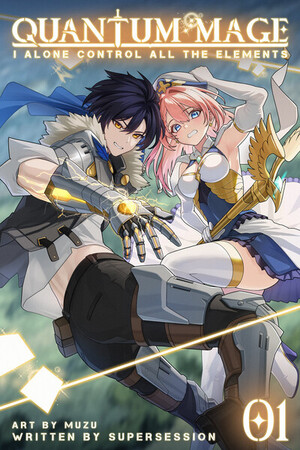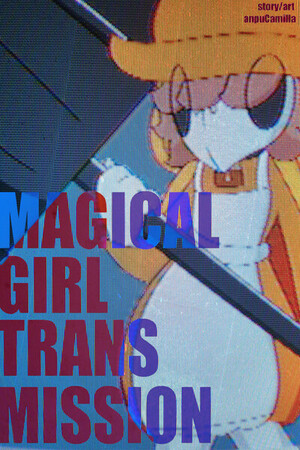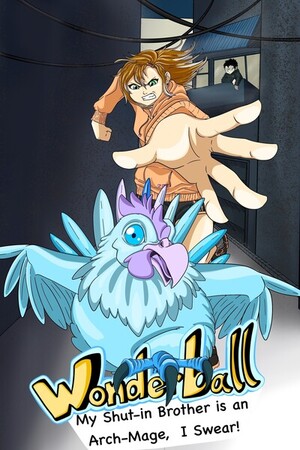Chapter 6:
The Cliff of Memories
The Third Rain
The sun had just risen, casting golden light over the Kinahrejo valley, when Hasan found himself standing near a steep ridge at the edge of the village. The villagers called it the Cliff of Memories—a place said to echo the thoughts of those who stood in silence there.
For days, Hasan had tried to focus solely on training and helping with village life. He had built fences, chopped wood, and carried water with the others. Hasuna was adjusting surprisingly well—learning to fish in the stream, joining local children in their lessons, and asking endless questions about this world. Karin would sometimes watch over him, a quiet guardian who had become part of their lives.
But that morning, something inside Hasan stirred. The mist rising from the valley and the sound of the wind reminded him of a moment he had tried so hard to forget.
He stood still, eyes fixed on the lake far below. It wasn’t the same lake, but the gentle lapping of the water against the cliffs brought the memory back.
It was supposed to be a simple vacation.
They had taken a canoe boat across a mountain lake—he, Karin, and little Hasuna. The morning had started with laughter. Karin had packed snacks, and Hasuna wore his cap backward, pretending to be the ship’s captain. They had taken photos, fed seagulls, and laughed under the clear sky.
Then the wind had changed.
Dark clouds rolled in without warning. The boat began to sway. People screamed. The crew shouted commands, but it was too late. A violent current swept in from the west. Something hit the hull—maybe a submerged log or debris—and the vessel began to tip.
He had held Hasuna tightly in his arms, strapping the boy into a life vest as Karin helped another child nearby. Waves crashed over the deck. Screams filled the air. He saw her—Karin—slipping on the wet floor as the boat tilted hard.
She had looked at him. One last look.
And then the wave took her.
He had screamed, lunging toward the edge, but another wave struck and flung him back. The world went black. When he awoke in the hospital, Hasuna was safe beside him. But Karin...
Only silence remained.
“Hasan?”
He turned, startled. It was Karin—from this world. She had followed him quietly, a basket of herbs in her hand.
“You’ve been standing there a while,” she said gently.
“Sorry,” he muttered. “I was… remembering.”
She stepped closer, her gaze following his down to the lake. “Something painful?”
He nodded.
Karin sat down on a flat stone and patted the spot beside her. “Sit with me. Talk.”
He hesitated but sat beside her. Slowly, he began to speak. He told her about the lake, the boat, the storm, and how Karin—his Karin—had disappeared into the water. His voice trembled. His fists clenched.
“I couldn’t save her,” he said. “She was right there, and I lost her. I lost everything.”
The silence between them was broken only by the wind.
“You didn’t lose everything,” she said softly. “Hasuna survived. And you’re here now.”
“I don’t know if I deserve to be,” he replied.
She turned to him. “Grief doesn’t care about what we deserve. Guilt eats from within. But I see how you work, how you care for others here. I don’t know your Karin, but I see who you are.”
He looked down, voice low. “How do you move forward when your heart is still stuck back there?”
She didn’t answer at once. Instead, she reached into her basket and handed him a dried purple flower.
“It’s called Sea Urchin Hakea. It only grows after fire clears the forest. The Sea Urchin Hakea fruit is designed to remain tightly closed until a fire occurs. After the fire, the fruit opens and releases its winged seeds onto the ground. The post-fire conditions, rich in nutrient-filled ash and with minimal competition from other plants, create an ideal environment for the *Hakea* seeds to germinate and grow well. ”
He studied the fragile bloom in his hand.
“You’re saying I should forget?”
“No,” she said. “I’m saying you can grow. Even with the memory. Even with the scar.”
That night, Hasan sat outside their hut, the Sea Urchin Hakea in his hand. Hasuna had fallen asleep early, exhausted after running through the hills with other boys.
Ozcan, the old spiritual guide, approached in silence, as if he had expected this.
“You went to the cliff,” Ozcan said.
“I did.”
The old man sat beside him, watching the stars. “Many go there. That place listens.”
For a while, they sat in silence. Then Ozcan said, “Loss is like a stone tied to your back. But strength grows here.” He pointed to Hasan’s heart. “This is where divine energy lives. Not just in muscles—but in spirit.”
Hasan had heard of the balance system in this world—how physical strength and spiritual resilience were intertwined. He had started training weeks ago: basic strikes, breathing, posture. But he struggled with the spiritual part.
“I can’t feel divine energy like the others,” Hasan admitted.
“Because you’re still protecting something,” Ozcan said. “Your pain. Your guilt. Let it breathe. Accept it. Then release it.”
The next morning, Hasan made a decision. After making breakfast for Hasuna, he went to find Ozcan—not because it was scheduled, but because he wanted more. To go deeper.
Ozcan looked at him and smiled. “I knew you would come.”
“I’m ready.”
“Then today, we won’t train your body. We’ll train your soul.”
That day, there were no stances, no sparring. Hasan sat cross-legged by the river, focusing on the sound of the water, the feel of the earth, the weight of his breath. Under Ozcan’s guidance, he began to understand what they called God’s Energy—not magic, but a consciousness that flowed through all life.
Divine energy wasn’t trained through muscle. It resonated through one’s truth. The deeper the wound, the deeper the well of strength—if the wound is accepted, not sealed shut.
“Wounds are doors,” Ozcan whispered. “Open the door. And you’ll find light.”
The following days, something in Hasan shifted.
He trained with new resolve—repeating forms, falling, rising again. He moved not to escape the past but to honor it. Villagers began to notice. Even Karin, who rarely praised anyone, gave him a quiet nod.
He wasn’t the strongest. Or the fastest. But he was present.
That evening, Karin approached him in the field while he was planting new seedlings.
“You look… different,” she said.
He glanced up, smiled faintly. “I’ve started to accept things.”
She nodded. Then, without a word, she handed him a leaf.
“Bidara,” she said. “Used for shallow wounds.”
He looked at the leaf, then at her. “Does everything in this world grow from wounds?”
She met his eyes. “The strongest things usually do.”
They both laughed softly. No promises. No declarations. But something was beginning to grow.
On the fifth night since the cliff, Hasan sat beneath the stars with Hasuna curled against him. Hasuna spoke excitedly about building a raft someday, to sail the river like an explorer.
“What if there’s a storm?” Hasan asked.
“I’ll bring double paddles,” said Hasuna. “And if it rains, I’ll sing loud songs so I’m not scared.”
Hasan chuckled and pulled him closer. Above them, the same stars he once watched from his old world glowed faintly. But this time, he didn’t feel lost.
This wasn’t his home.
But for now, he could breathe.
And maybe—just maybe—he was beginning to live again.




Please sign in to leave a comment.